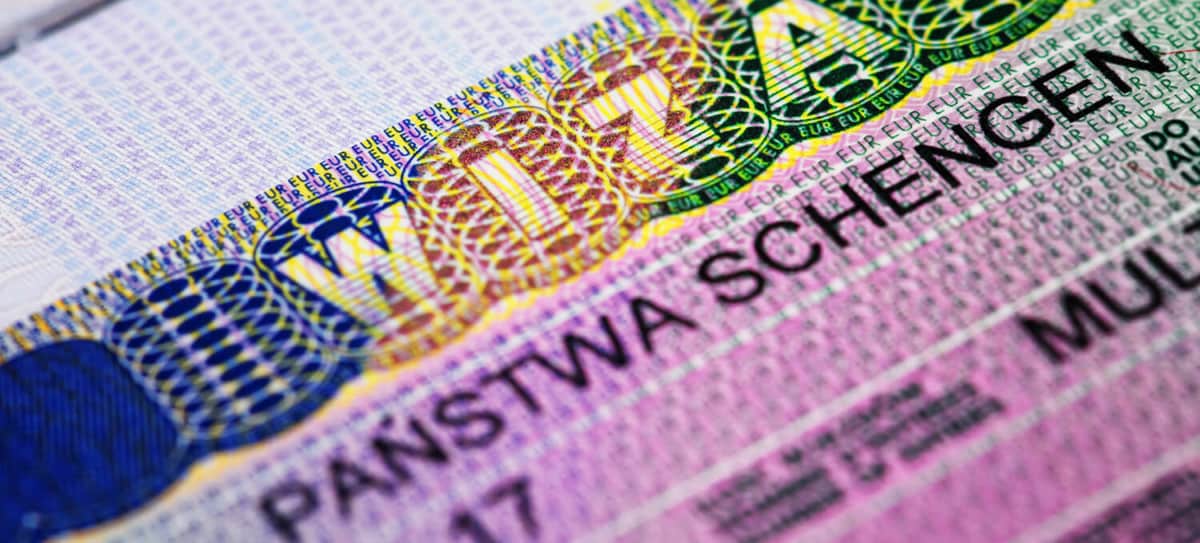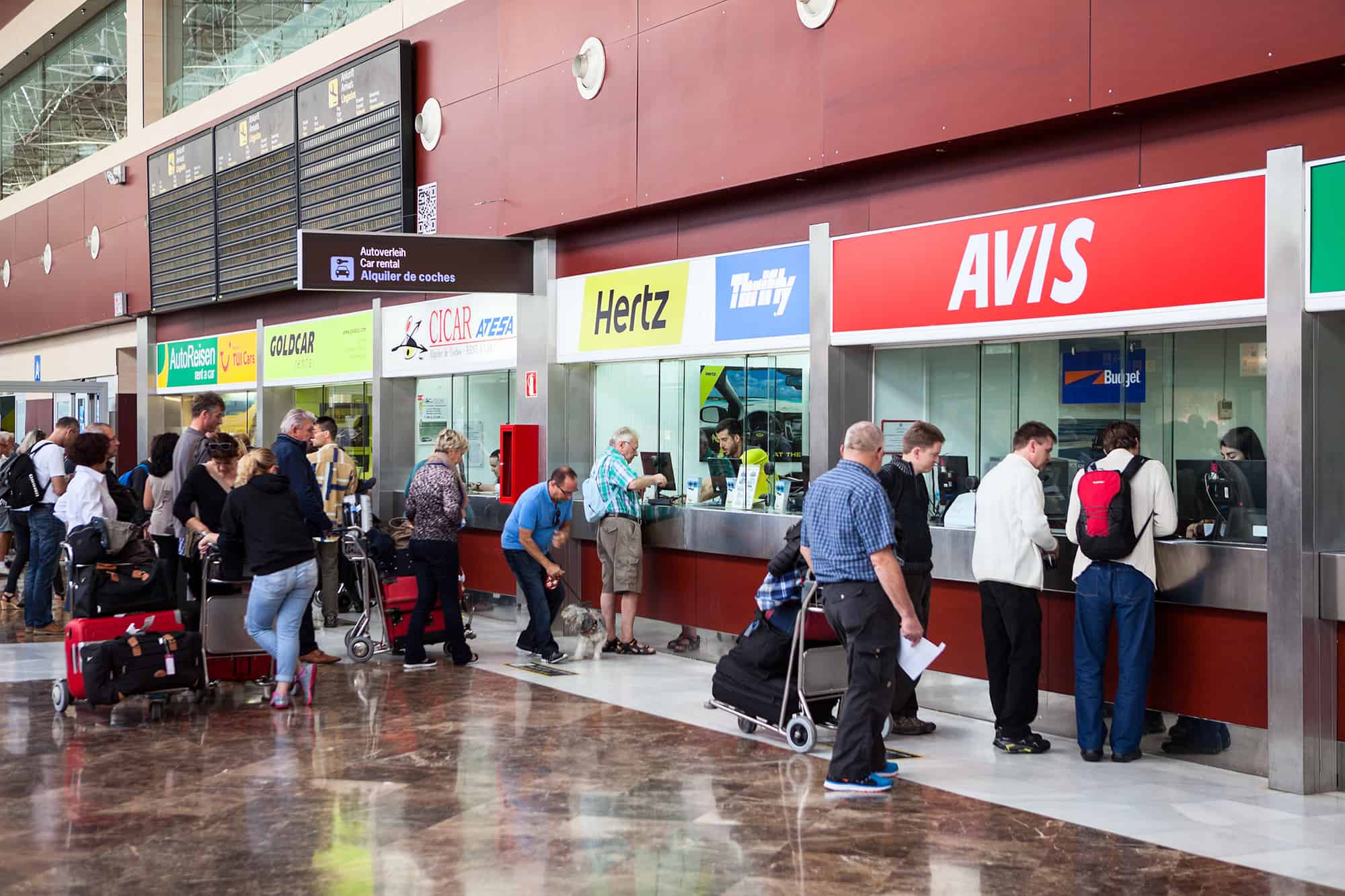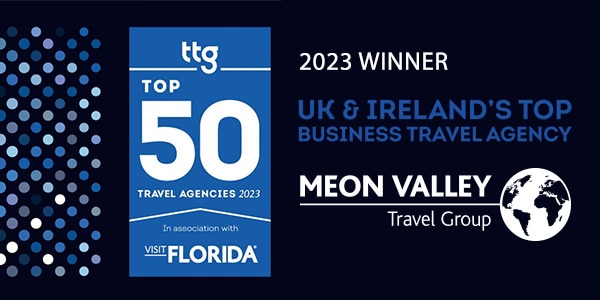This week we are spending 5 minutes with Hannah In-Chan, a Global Immigration Solicitor, from CIBT VISAs. Changes to VISAs in Business Travel has become a hot-topic as markets and travel restrictions lift. We find out what has changed for business travellers and what they can expect as business travel restarts.
1. Tell us about your journey to Global Immigration Counsel at Newland Chase, CIBT’s immigration division?
I returned to the UK after taking some time off after university to teach English and backpack in China and Taiwan for 18 months., I started my career at a high street firm assisting with human rights and asylum cases in 2004. From there, I moved to Kingsley Napley, whilst simultaneously completing the Legal Practice Course part-time. On completing the course, I joined Magrath Sheldrick LLP as a Trainee Solicitor, where I qualified and worked as an Immigration Solicitor in the global immigration team. My career progressed with roles at PwC Legal, Berry Appleman & Leiden, and Envoy Global, where I continued to work in global immigration, before I joined Newland Chase.

Joining the Newland Chase Advisory team has been a great experience. I’m fortunate to work with really experienced and knowledgeable colleagues, and work closely with our operations teams, including our in-house national teams.
2. What are the VISA changes for business travel since Brexit?
Travelling to the European Union (EU) has become more complicated for UK nationals since Brexit. There are two primary complications that UK nationals generally face with travel to the EU post-Brexit:
- Restriction on length of stay as a Visitor. Before Brexit, there were no restrictions on the amount of time a UK national could stay in an EU country. However, since Brexit, UK nationals are limited to a maximum period of 90 days in a 180-day period to stay as a Visitor in the Schengen area. The Schengen area includes most, but not all, EU countries. The 90-day allowance also includes time spent in the EU for tourist travel, and also business visits.
- Restriction on permitted activities. UK nationals may now need a work permit, work visa, notification or residence permit in order to work in an EU country. Prior to any travel, I recommend checking what activities the UK national intends to conduct whilst in the EU and whether they can conduct the activities in the EU as a Business Visitor.

3. How does CIBT work with Travel Management Companies to assist their customers?
CIBT is flexible in its approach to working with Travel Management Companies (TMCs) and has several different relationship models, depending on the TMC’s preference. Some TMCs prefer not to be involved in immigration strategy and case applications, so they will introduce us directly to the client. In these situations, we liaise with the traveller or their employer directly with the TMC in copy on all communications. Other TMCs like to be involved and they join the planning meetings we have with the traveller and their employer. Many TMCs include links to our tools on their websites, such as our COVID-19 Travel and Immigration guide and our Post-Brexit Travel Assessment tool.
4. Do Travel Managers/corporate clients also work directly with CIBT?
Yes, we do have corporate clients who work directly with us, but not all do. Some prefer to have their TMC looped into conversations about immigration and work authorisations, so that we can work with the TMC to organise their travellers’ flights and hotels at the required time.
5. With the recent changes for business travellers, what is the question that you get asked the most?
The most frequent question I get asked is: “Do I need a visa to work?”.
6. What technology solutions does CIBT offer to assist their clients?
CIBT has a plethora of online tools and platforms to assist clients.
- The Post-Brexit Travel Assessment: the online tool asks travellers critical questions about their intended activities while in their destination and delivers instantaneous results, either confirming that a traveller qualifies as a Business Visitor and may travel without a visa, or offering an appointment for a quick, individualised consultation with an immigration expert from Newland Chase, CIBT’s immigration division.
- Entry Guide: the most up-to-date information on requirements to enter the most frequented destinations safely and securely. Available in 12 languages and as an easy-to-install Widget and API.
- COVID-19 Travel and Immigration Guide: a comprehensive knowledge resource of 168 countries’ immigration rules and restrictions, along with entry and exit advice. Researched and updated daily.
In addition we offer our clients access to our case management system, where they can review case statuses, securely upload documents, and run their own reports whenever they wish. We also offer clients access to our knowledge management database, which details immigration options, process steps, timelines and documents required in over 100 countries.
7. What is the most bizarre immigration/visa request that you have dealt with?
I have had a few memorable immigration requests and questions. Two spring to mind instantly: One was a request for a work permit or passport to allow the holder to work anywhere in the world and the other was the question: “Does a UK national need a work permit to work in the UK?”.
While many activities can still be conducted visa-free within the 90-day stay allowed, some will require a business visa and others will need a work permit, we look at The Complexity Of Post-Brexit Business Travel In The EU.
Meon Valley Travel, in partnership with CIBT Visas can provide advice for UK passport holders travelling on business in the EU/EAA. Please email the Travel Team or call +44 (0) 116 264 5279 to find out more.

Julian Munsey – Sales Director
Connect: LinkedIn
Email: [email protected]
Sign up for the Meon Valley Travel Update a monthly update of changes in Business Travel both global and domestic.






